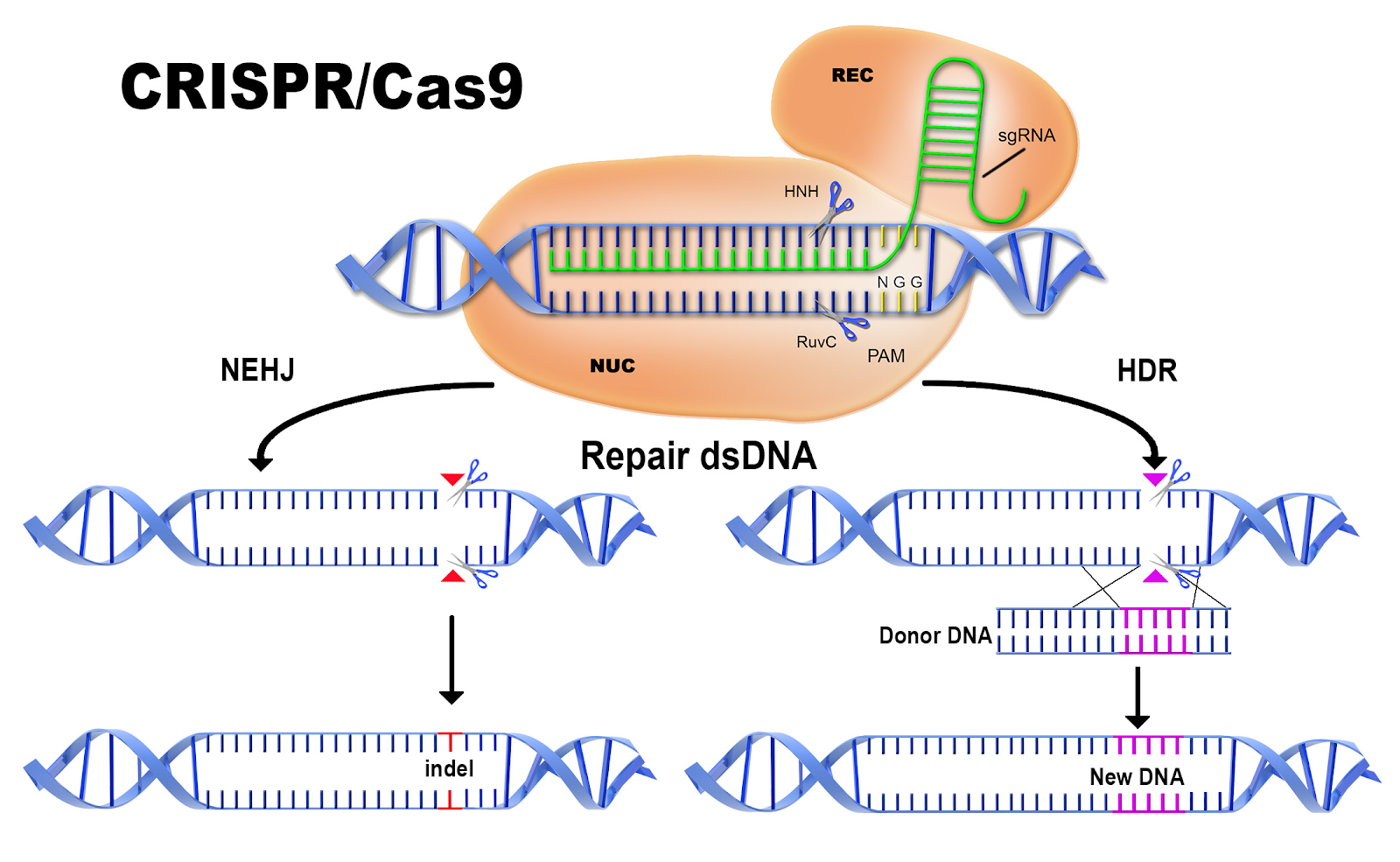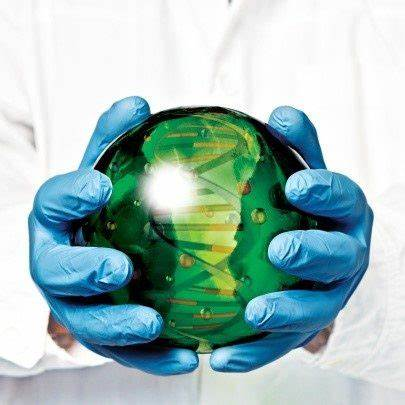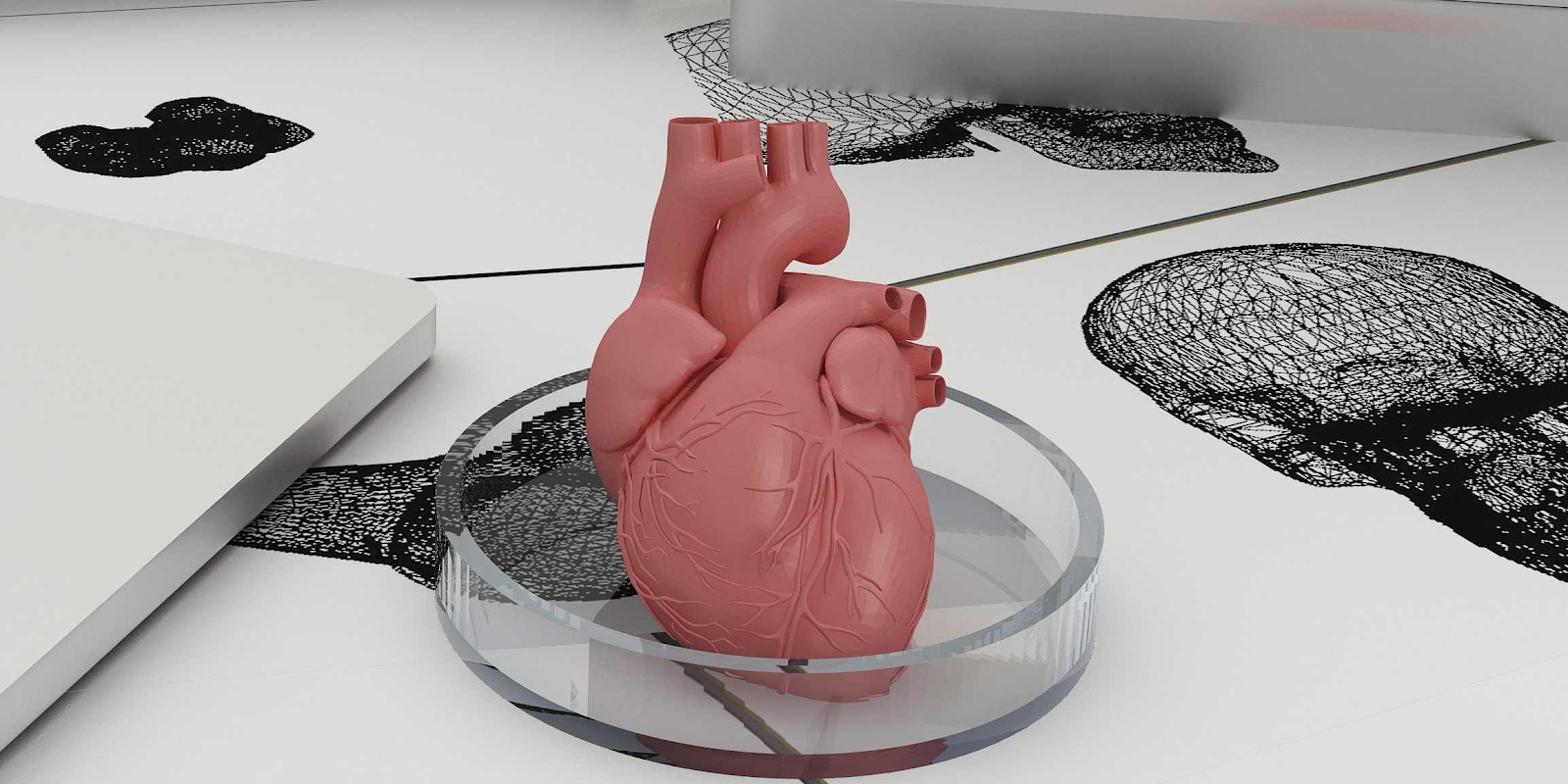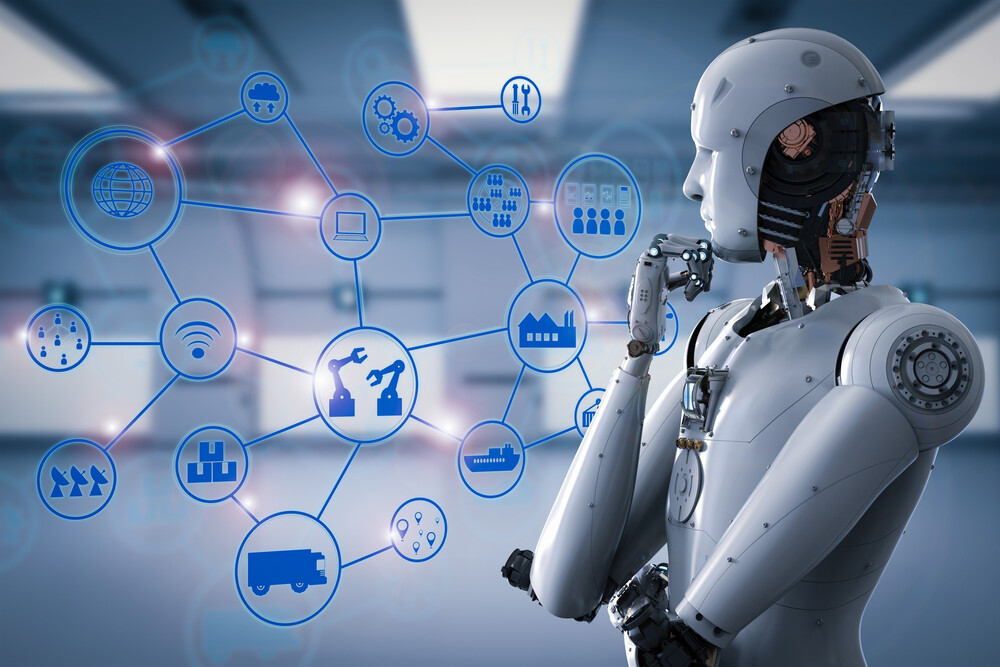Advances in biotechnology
Advances in biotechnology have revolutionized the way we live, work, and heal. From genetically modified crops to gene therapies, biotechnology has had a tremendous impact on human health, food security, and the environment. In this post, we will discuss some of the latest advances in biotechnology and their implications.
CRISPR/Cas9 gene editing
CRISPR/Cas9 is a revolutionary gene-editing technology that allows scientists to selectively modify the DNA of living cells. This technique uses a protein called Cas9 and a guide RNA to cut the DNA at specific locations, enabling researchers to add, remove, or replace genes. CRISPR/Cas9 has been used in various applications, including developing new cancer treatments, creating genetically modified crops, and curing genetic diseases. This technology has the potential to transform medicine, agriculture, and industry in ways we never thought possible.
Credit of the picture to the respective owner
Synthetic biology
Synthetic biology is a field that involves designing and building new biological systems, cells, or organisms. It uses DNA synthesis, gene editing, and other biotechnological tools to create novel biological functions that don't exist in nature. This field has significant potential in healthcare, agriculture, and environmental remediation. For instance, synthetic biology could be used to develop new vaccines, create crops that are resistant to pests and diseases, and engineer bacteria that can break down environmental toxins.
Credit of the picture to the respective owner
3D printing of tissues and organs
The 3D printing of tissues and organs is a cutting-edge technology that could revolutionize organ transplantation. It involves creating a scaffold that mimics the structure of an organ and then adding living cells to it. These cells can grow into a functional organ, which can then be implanted into a patient. This technology has the potential to address the shortage of donor organs and reduce the risk of rejection by the recipient's immune system.
Credit of the picture to the respective owner
Nanotechnology
Nanotechnology involves the use of nanoscale materials to create new products and devices. In biotechnology, nanotechnology has significant potential in drug delivery, cancer diagnosis, and tissue engineering. Nanoparticles can be used to deliver drugs directly to cancer cells, minimizing side effects and improving treatment outcomes. Similarly, nanoscale materials can be used to create scaffolds for tissue engineering, providing an ideal environment for cell growth and regeneration.
Credit of the picture to the respective owner
Artificial intelligence and machine learning
Artificial intelligence and machine learning are rapidly transforming the biotechnology industry. These technologies are being used to analyze large amounts of data and identify patterns and insights that can be used to develop new therapies and treatments. AI and machine learning have already been used to develop new drugs for diseases such as Alzheimer's and cystic fibrosis. In addition, these technologies are being used to identify genetic mutations that can lead to disease, enabling early intervention and personalized medicine.
Credit of the picture to the respective owner
Conclusion
The advances in biotechnology are reshaping the world we live in, creating new possibilities for healthcare, agriculture, and industry. From gene editing to 3D printing of organs, these technologies are providing innovative solutions to some of the most significant challenges we face. However, as with any new technology, there are also potential risks and ethical concerns. It is up to us to use these technologies responsibly and ensure that they benefit society as a whole.





